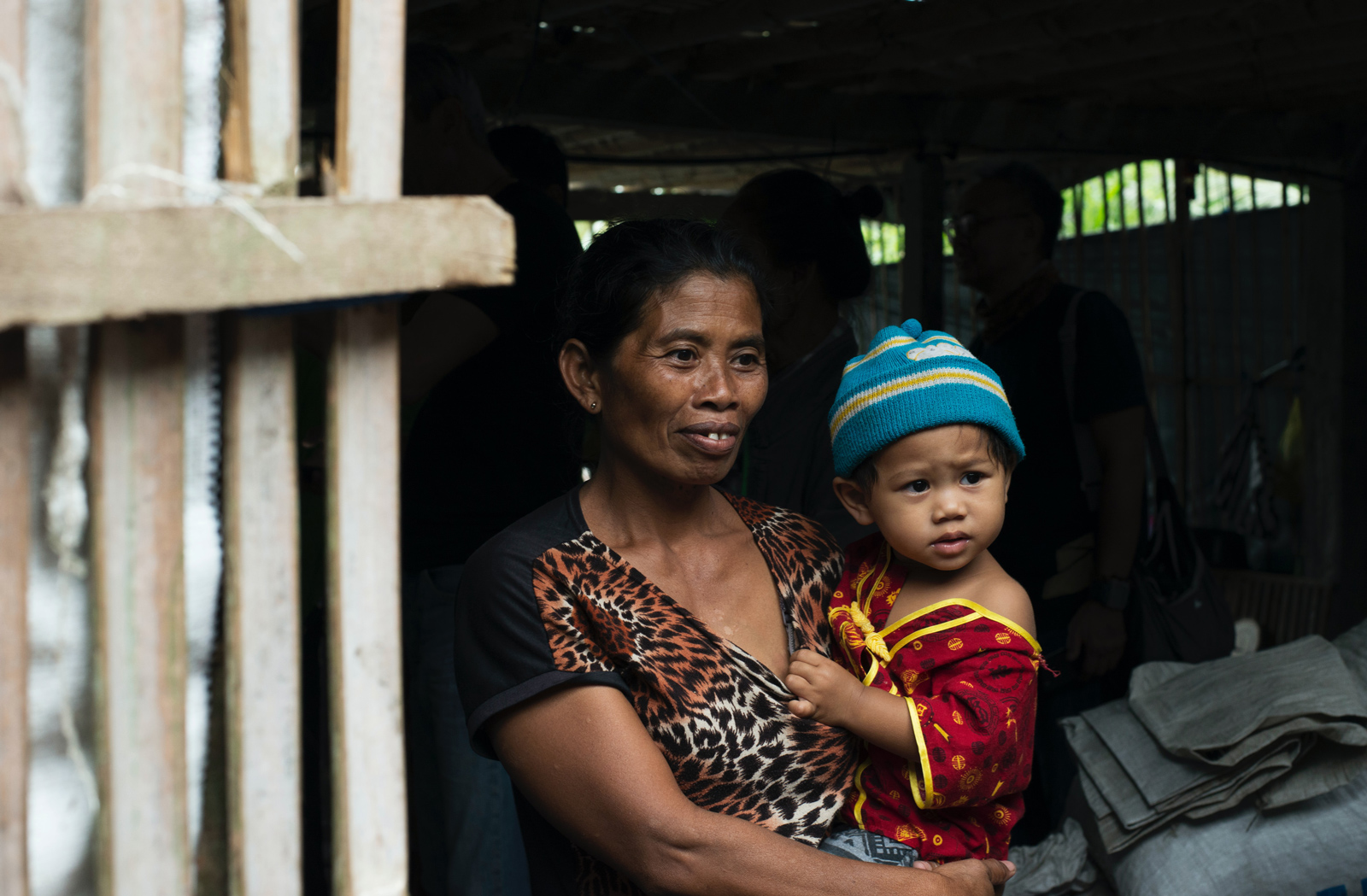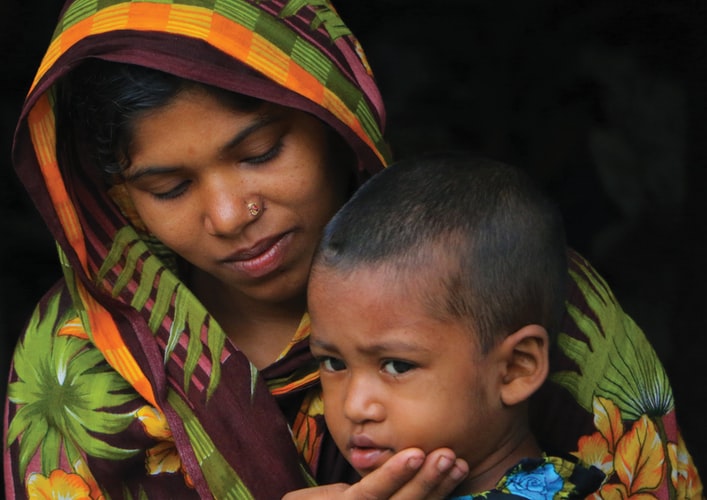
Migration plays a vital role in the systems of our world today. Be it voluntary or forced, migration has placed extra strain on the healthcare systems of many nations. The number of international migrants has grown disproportionately to that of the global population. In 2017, international migrants constituted 3.4% of the global population as opposed to 2.8% in the year 2000. The Office of the United Nations High Commissioner for Refugees (UNHCR) reports that, globally, the number of forcibly displaced people is currently at the highest level of human displacement ever. Migration continues to be an ever-increasing challenge and therefore, more work needs to be done to ensure that refugees have proper access to healthcare as do residents.
Some of the major public health concerns faced by refugees include non-communicable diseases, infectious diseases, mental health problems, sexual and reproductive health concerns, and maternal and child mortality. Of particular interest is the work being done by UNHCR to ensure access to sexual and reproductive health services for all refugees. Improving advocacy on sexual and reproductive health problems affecting women is a key factor toward raising awareness of the inequity that exists within the healthcare system.
Let us not forget that women and children refugees make up a significant population of all refugees in some cities and towns. Female refugees are faced with targeted issues such as lack of adequate sanitation and hygiene services, lack of access to sexual and reproductive health services or HIV/AIDS treatment and prevention services, and lack of access to adequate health care in general. In addition to the systemic lack of access to healthcare that refugees face globally, women have to face the additional burden of caring for their families and children.

Progress has been made from the UNHCR Global Strategy for Public Health from 2008-2012, however the 2014 report highlights the deficits and issues that were not addressed. One highlighted issue is sexual and reproductive health. Refugees need access to HIV/AIDS testing and treatment facilities, as well as access to contraception. As long as there is limited access to healthcare services, there will be the added concern of fear, stigma, and reluctance to utilize these services. To eradicate this problem, contraception and HIV testing and treatment services must be made readily available at refugee camps. Healthcare must be taken to the people.
1 Refugee and Migrant Health from
https://www.who.int/migrants/en/
2 Draft Global Action plan. Promoting the health of refugees and migrants from
https://www.who.int/migrants/en/
3 UNHCR strategy, Global strategy for Public health, UNHCR from UNHCR,
https://www.unhcr.org/en-us/protection/health/530f12d26/global-strategy-public-health-unhcr-strategy-2014-2018-public-health-hiv.html
